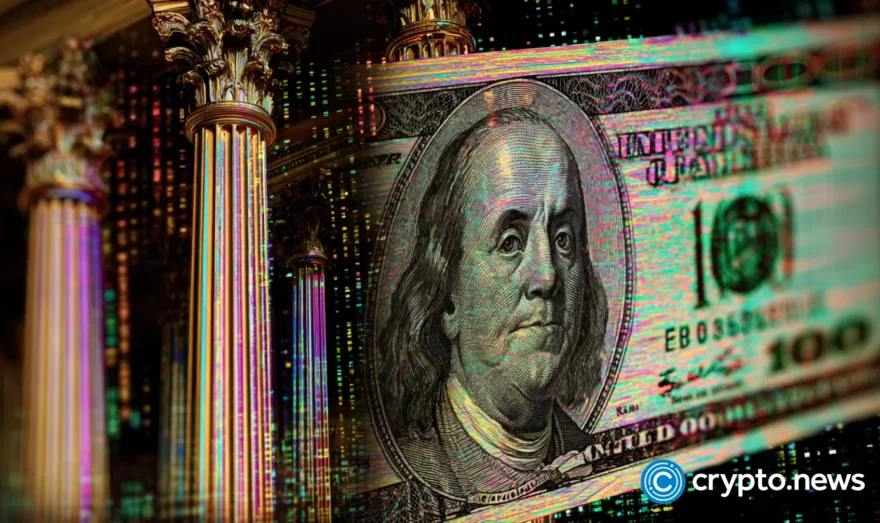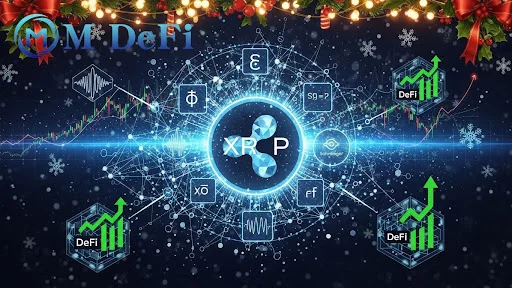Shariah-compliant crypto struggles to meet demand in Islamic Finance boom: report

As Islamic finance nears $12.5 billion, Shariah-compliant crypto projects aim to serve two billion Muslims — yet supply lags behind growing demand.
A new report by INPUT touches on the growing demand for Shariah-compliant crypto products, even as the market struggles to meet the expectations of the world’s two billion Muslims seeking ethical, interest-free financial services.
The Islamic finance sector, currently valued at $8 billion, is projected to reach $12.45 billion by 2028, growing at a rate of 11.7% annually, according to the report and a note shared with crypto.news.
This rising interest is creating momentum for platforms that align with Islamic financial principles, including the prohibition of riba (interest), gharar (uncertainty), and associations with haram (forbidden) industries.
Digital assets that adhere to Islamic law
Leading projects include HAQQ Network, MRHB, Sidra Chain, and Goldsand (formerly Inshallah Finance), all of which are building ecosystems around DeFi and digital assets that comply with Islamic law. HAQQ Network stands out as the largest, with $400 million in funding and over 6 million users across its product suite, including Islamic Coin, which allocates 10% of token issuance to charity.
MRHB’s four-product DeFi stack includes TijarX and EmplifAI, while Goldsand supports halal staking with $4.5 million in staked assets.
Sidra Chain, meanwhile, has processed nearly 13 million transactions from over 700,000 users.
Despite this progress, the report notes a shortfall in offerings compared to demand — particularly among Gen Z Muslims, 85% of whom are already engaging with Islamic banking products.
Experts say the path forward lies in regulatory clarity and standardized Shariah governance. With Islamic finance projected to reach $4 trillion globally, Shariah-compliant crypto may become a vital pillar of the emerging digital economy — if it can scale to meet growing demand.

















